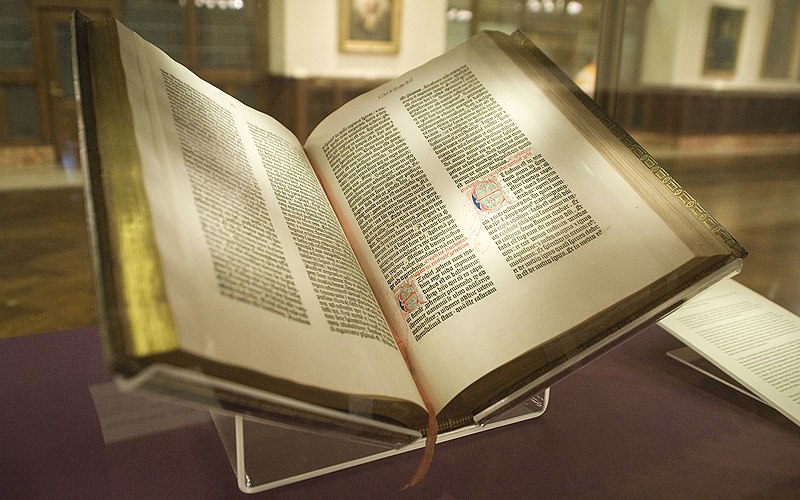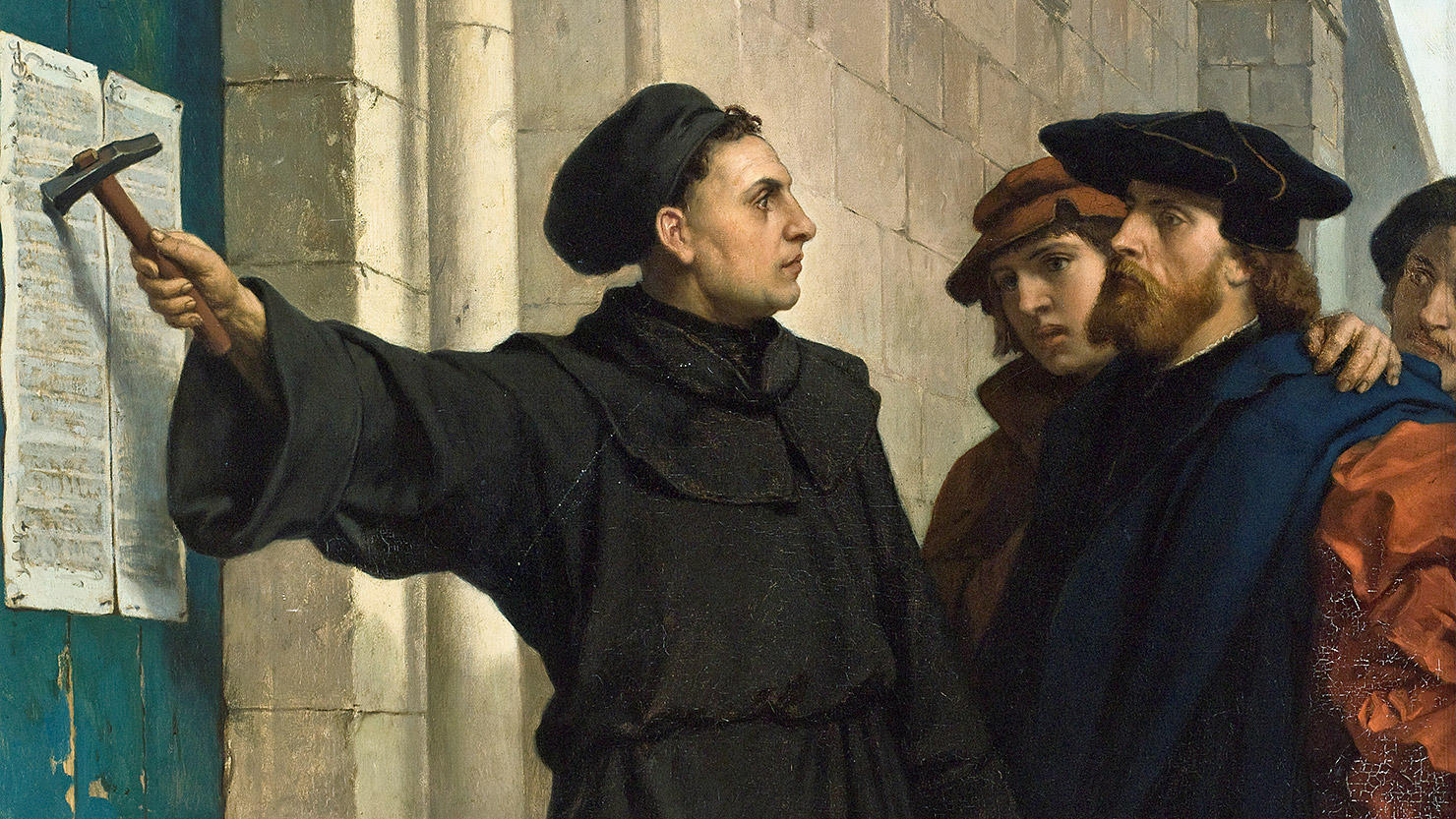Desiderius Erasmus. Who was he and what was his contribution during the Renaissance? He was a Dutch humanist who is known to be one of the greatest scholars of the northern Renaissance. He is most widely known to have laid the foundation for the common man to be able to access the Bible. At this time, the Bible was only made available to those who could read Latin which was mainly the wealthy and learned. However, Erasmus changed the course of history when he published the first New Testament in Greek called Novum Instrumentum omne. This was a critical moment, because it allowed both old and young, rich and poor, learned and unlearned to be able to access the teachings found inside of it.
This was a step that members of the Church of Jesus Christ of Latter-day Saints understand was crucial in the restoration of the gospel. After the death of Christ, many doctrines and teachings were lost, and they became inaccessible to much of the world. In order for God’s children to be saved, they would need to understand His teachings, found in the Holy Bible.
Joseph Smith, the prophet of the Restoration of the gospel, was a young farm boy who lived in the early 1800s. Many believe that he is the answer to a prophecy of William Tyndale who said “I will cause a boy that driveth the plow, shall know more of the Scripture than thou dost,” referring to the pope. Joseph Smith did have full and complete access to the Bible, and was able to call upon heaven to fully disseminate its teachings. So, some may argue, Tyndale was correct in his prophecy.
Without the contributions of Erasmus hundreds of years previously, Joseph would not have been able to seek inspiration in the bible. After all, he was just a young farm boy. Members of The Church of Jesus Christ of Latter-day Saints owe much to the early pioneers, like Erasmus, who paved the way for a more accessible bible.



















